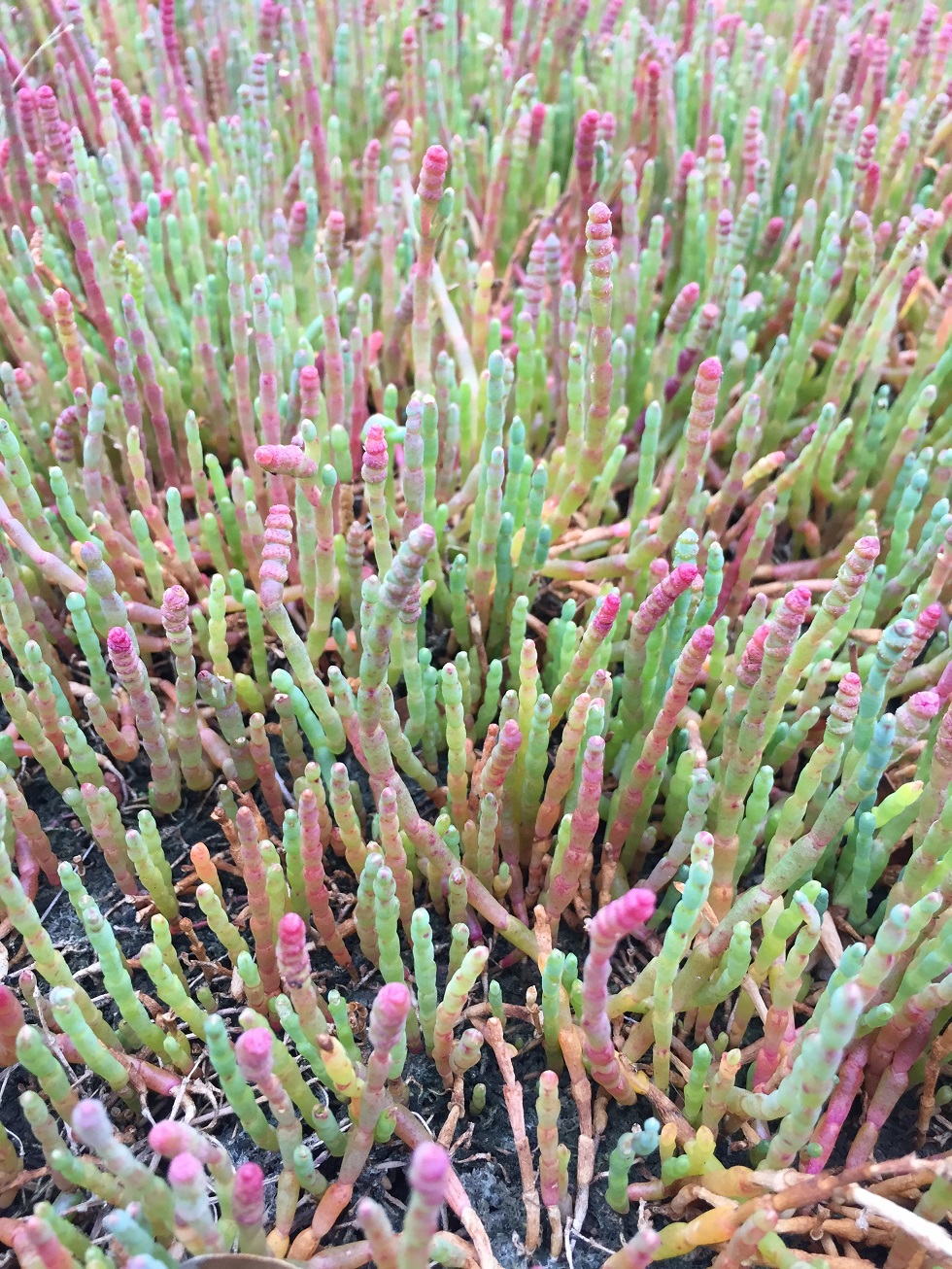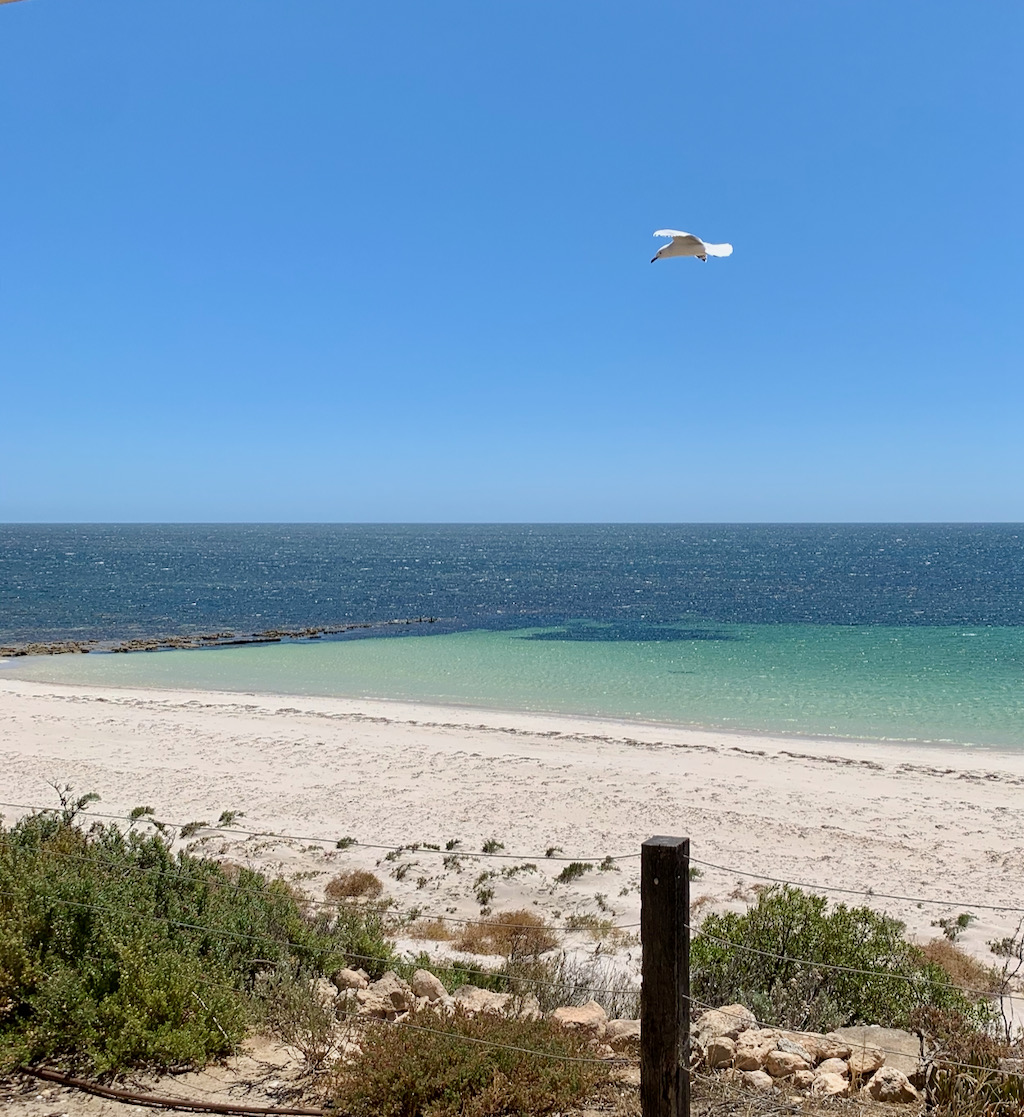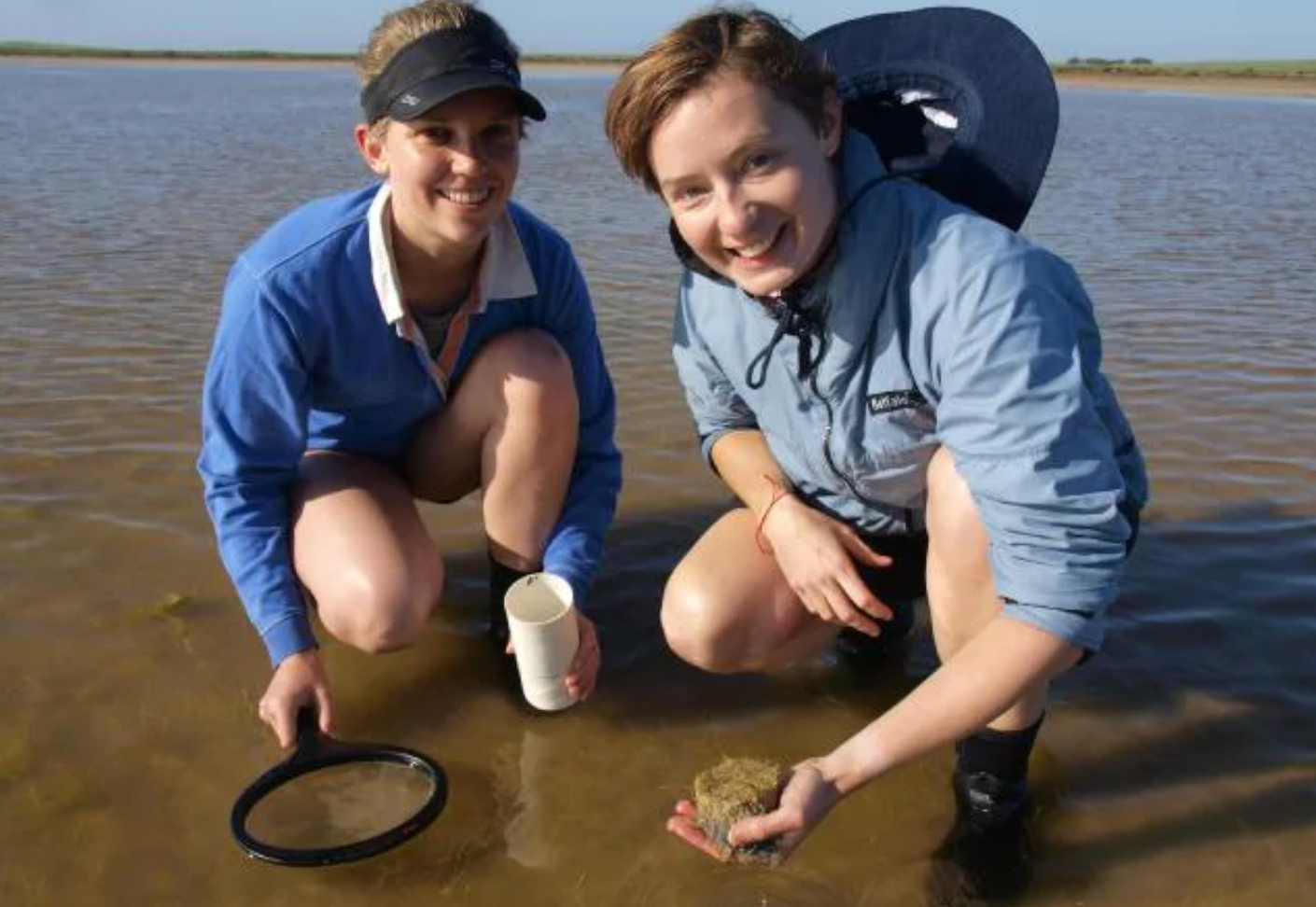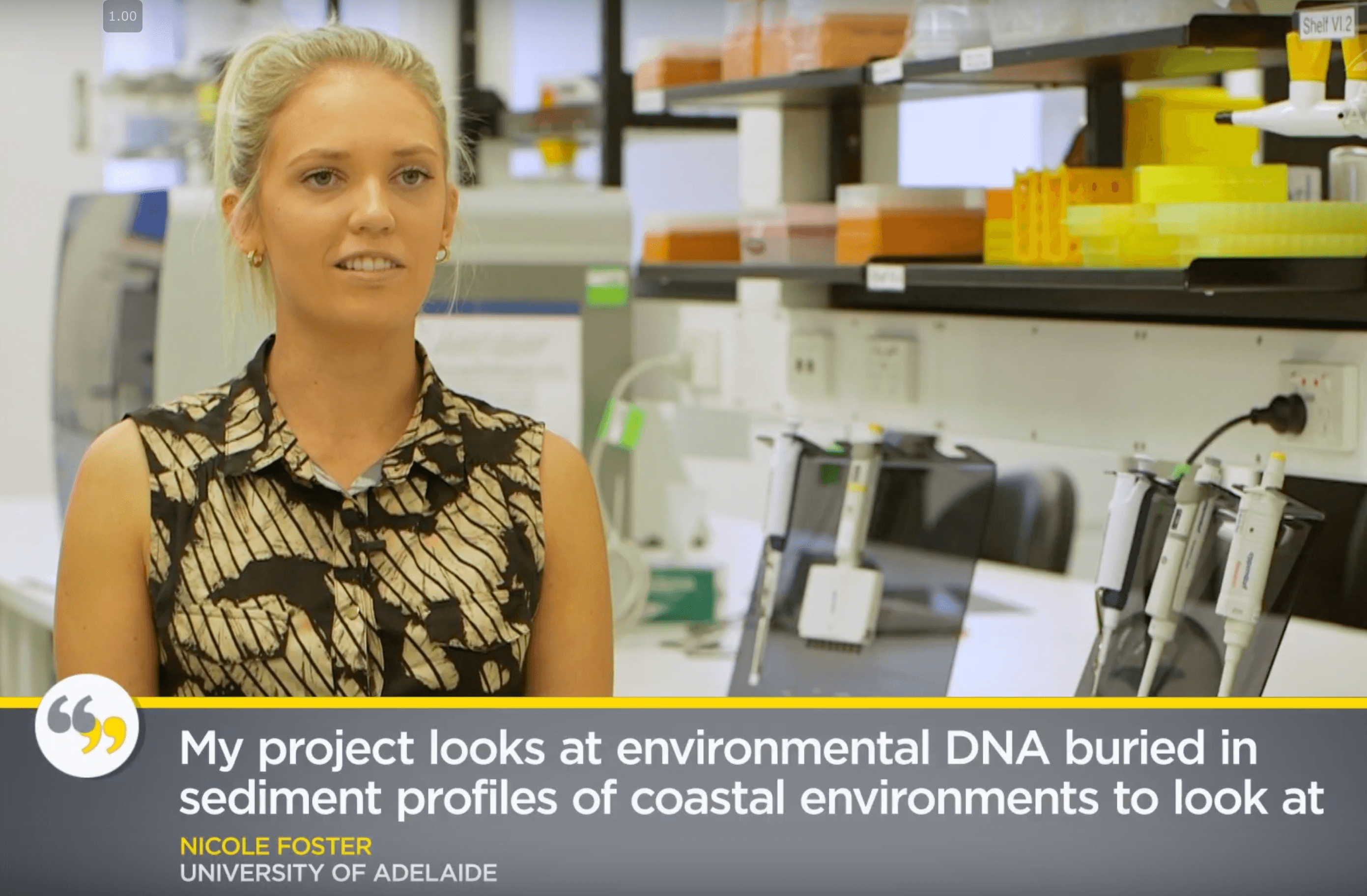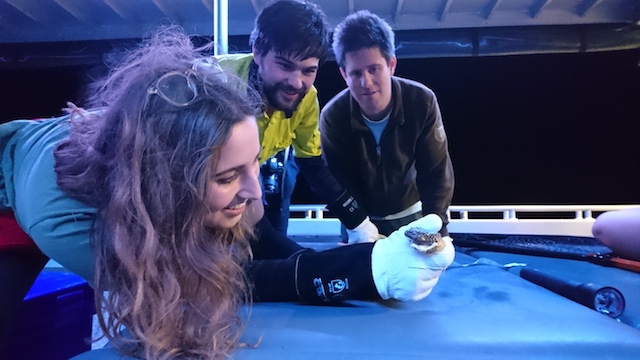BLOGS WEBSITE
TAG: mangroves
Australasian Mangrove and Saltmarsh Network Conference, Adelaide 14-17 November 2023 – ‘AMSN 2023 – Living Coasts’.
Community members, environmental managers, interstate and international researchers will gather in Adelaide this week to celebrate, discuss and review the status of the natural ‘Living Coasts’ of the Australasian region. The 2023 Australasian Mangrove and Saltmarsh Network (AMSN) conference will be opened by SA Environment Minister Dr Susan Close on Tuesday 14th Nov and is […]
Comments Off on Australasian Mangrove and Saltmarsh Network Conference, Adelaide 14-17 November 2023 – ‘AMSN 2023 – Living Coasts’.
Blue is the new green
In the search for potential natural allies to help combat climate change, marine coastal vegetation sits near the top of the list. Known as ‘blue carbon’ ecosystems, mangroves and seagrass meadows are carbon-storage machines, absorbing CO2 up to 40 times faster than terrestrial forests and trapping carbon in the soil for millennia. They are also […]
Comments Off on Blue is the new green
MEDIA RELEASE: Carbon storage in costal ecosystems receives new funding
Environment Institute researchers receive new funding to investigate the potential for more carbon storage in our coastal ecosystems. Leading the way in blue carbon opportunities, our researchers have recently won funding through the new Blue Carbon Futures Grants from the Adelaide and Mount Lofty Ranges Natural Resources Management Board. Blue carbon is carbon stored in […]
Comments Off on MEDIA RELEASE: Carbon storage in costal ecosystems receives new funding
Healthy coastal habitats essential for combating climate change
Blue carbon ecosystems such as seagrasses, mangroves and tidal saltmarshes have exceptional capacity to sequester carbon dioxide. Compared to many terrestrial forests, these coastal vegetation communities can accumulate carbon at faster rates and store it for longer periods, making them an important tool to combat climate change. The Goyder Institute for Water Research’s Coastal Carbon […]
Comments Off on Healthy coastal habitats essential for combating climate change
Blue coastal carbon is set to be the new ‘boom’ for coastal communities
A little known secret about Australian seagrass, mangroves and salt marshes is the ability to capture and store more carbon than the plants on dry land. South Australia is set up to protect and expand these ecosystems, whilst making money in the process for coastal communities. Plants growing in these watery places capture and store more […]
Comments Off on Blue coastal carbon is set to be the new ‘boom’ for coastal communities
PhD Student Nicole Foster receives Max Day Award
Congratulations to PhD student Ms Nicole Foster from the University of Adelaide, Marine Biology Program who was one of two, 2019 recipients of the Australian Academy of Science Max Day Environmental Science Fellowship Award. The award provides up to $20,000 for early-career researchers working on the conservation of Australia’s flora and fauna, the ecologically sustainable […]
Comments Off on PhD Student Nicole Foster receives Max Day Award
Guest Blog Post by James Nankivell – Investigating the Diversity of Sea Snakes in Western Australia
Guest blog post by Honors Student – James Nankivell As part of my honours project investigating the diversity of sea snakes in Western Australia, I was lucky enough to spend a week in WA conducting fieldwork as part of team from the University of Adelaide. I am specifically looking at species boundaries of widespread sea […]
Comments Off on Guest Blog Post by James Nankivell – Investigating the Diversity of Sea Snakes in Western Australia

